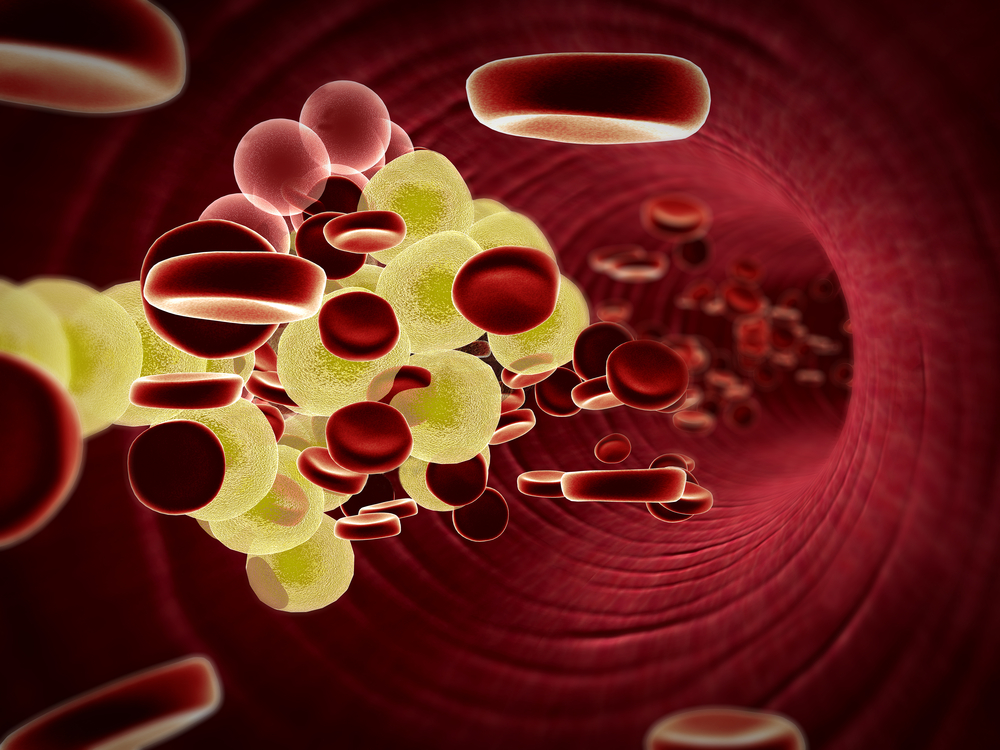
Cholesterol is a fat-like substance produced by your body. It is waxy and fat-like in nature and is used for producing hormones and digesting fatty foods. It is also present in egg yolks, cheeses and fatty meats. Though cholesterol is required by the body, too much of it can be a problem. Excess cholesterol can build up on your arteries and can result to serious complications like stroke and heart disease.
Low density lipoproteins or LDL cholesterol is bad since they contribute to the buildup of cholesterol on the walls of arteries. This makes the arteries less flexible and may even lead to clogging. This condition is called atherosclerosis. Narrowed arteries can result in heart attacks or stroke.
High density lipoproteins or HDL cholesterol is good as it facilitates the removal of bad cholesterol from the arteries. According to experts, HDL performs the role of a scavenger; it carries bad cholesterol from arteries to the liver, where it will be broken down and expelled from the body. If your good cholesterol levels are low, you are at the risk for heart attacks and stroke.
There are no symptoms that can detect high cholesterol levels in the blood. Most people are not aware of their high cholesterol levels. You have to monitor cholesterol levels like blood pressure. For adults who are aged 20 years older, you should check your cholesterol levels as recommended by your health care professional.
You need to have a lipid profile blood test to find out more about your blood cholesterol levels. This test requires you to fast for 9 to 12 hours. You can find out more about your total cholesterol levels, HDL, LDL and triglyceride levels with this test.
Cholesterol levels are measured as milligrams (mg) of cholesterol per deciliter (dL) of blood. If your total blood cholesterol level is 240 mg/dL and above, you are considered to have high cholesterol levels. Levels of 200 to 239 mg/dL are considered as borderline for high cholesterol levels. The desirable level is less than 200 mg/dL.
Whether you have heart disease or not, avoid having high cholesterol levels. You can keep your cholesterol levels under control by being physically active, eliminating fatty foods, consuming more fruits and vegetables and quitting smoking. Medications will be prescribed based on your health condition.
Reducing saturated fat and bad cholesterol in your diet can help in lowering cholesterol levels, so always choose a healthy diet. If you are overweight, shed off some pounds and maintain a healthy weight. Be physically active to reduce bad cholesterol and increase good cholesterol. You also need at least 150 minutes of moderate physical activity per week.
-Medical Observer
Overweight and obesity are defined as abnormal or excessive fat accumulation that presents a risk to health. A body mass […]
Around 27 million Filipino adults are overweight or obese, according to the latest National Nutrition Survey conducted by the Food […]
Advances in scientific and technological knowledge have provided unprecedented advantages in terms of immeasurable convenience in our daily living, lightning-fast […]